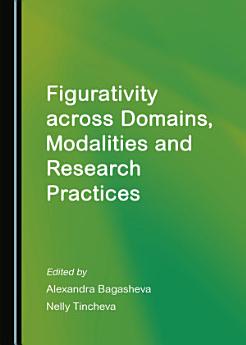Figurativity across Domains, Modalities and Research Practices
ഈ ഇ-ബുക്കിനെക്കുറിച്ച്
Today, figurativity is understood as constitutive of various processes of human comprehension of the world, human communicative interactions, and everyday human functioning. This volume constitutes a representative selection of studies that provide novel answers to the open questions of how non-literal thought and non-literal expression in various media and discourses (co-)exist. The book focuses on figurative cognitive operations enabling non-literal thought, language and other semiotic expressions. The unique set of viewpoints and authors’ contributions upholds the cognitive approach to figurativity; it positions figurativity in various discursive environments, compares and contrasts figurativity in various languages and cultures, and traces the multimodal interplay of figurativity.
രചയിതാവിനെ കുറിച്ച്
Nelly Tincheva, PhD, is an Associate Professor in Text Linguistics and Discourse Analysis at the Department of British and American Studies of Sofia University ‘St. Kliment Ohridski’, Bulgaria. Her research and publications are primarily focused on cognitive sciences, text linguistics and political discourse analysis. She is the author of Text Structure: A Window into Discourse, Context and Mind; Language Gaffes (Linguistic, Discursive and Cognitive Aspects of ‘Language Bloopers’); and Political Speeches: A Cognitive Perspective on Text and Structure.




